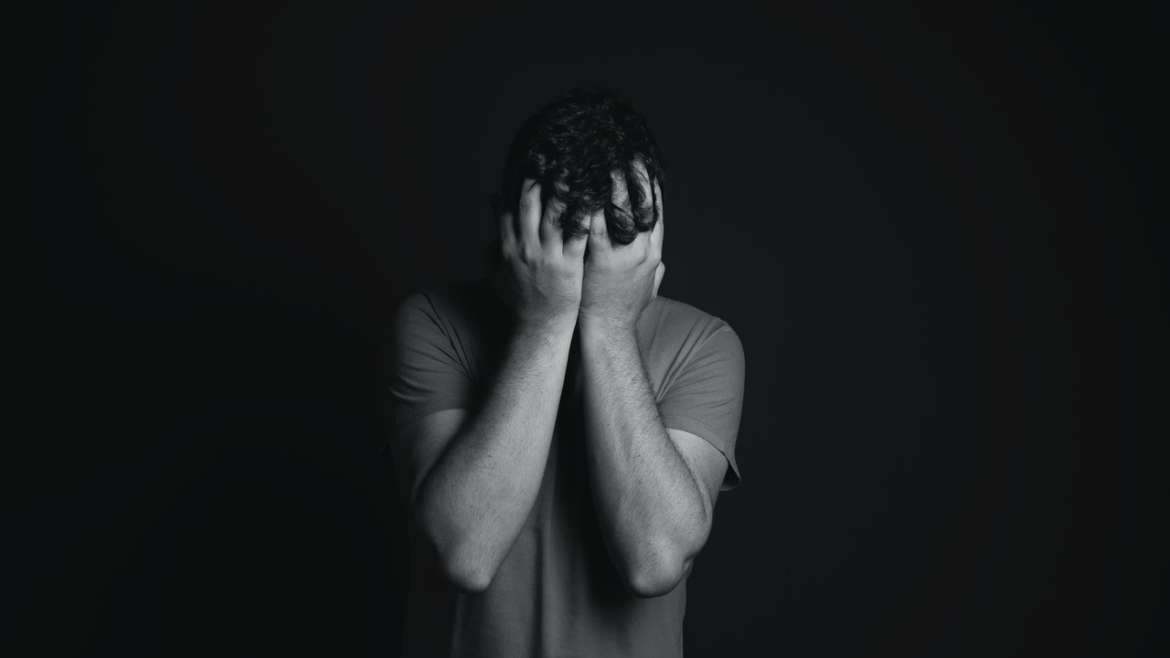This joke is funny because it’s very common, but also accurate. The mental health hotline is a service that provides information to people in all walks of life who are experiencing mental health problems. The hotline also provides phone numbers so people can reach someone. However, the hotline is only for people who are experiencing a mental health problem, not just those in crisis.
One of the hotline’s job is to provide information about services, such as crisis counseling, and help people obtain the help they need. But the hotline is a job for people who are also experiencing mental health problems, not those in crisis. The hotline is so named because it is staffed by people who are experiencing mental health problems.
The joke is about the fact that the hotline people are not in crisis, but they are also not in a mental health crisis. They are in the mental health care system, and they are therefore not in crisis. The joke is a reference to the fact that mental illness is considered a medical issue in the US. The hotline is also another reference to the fact that the hotline is in an emergency setting, which is not a mental health crisis.
A mental health hotline is staffed by people who are experiencing mental health issues. But the joke is that the people answering the calls are not actually experiencing a mental health crisis. It is a joke about the fact that the hotline people are not in crisis, but they are also not in a mental health crisis. Again another reference to the fact that the hotline is in an emergency setting, which is not a mental health crisis.
Is it this joke that got me thinking about the concept of mental health crisis? I had read somewhere that the notion of a mental crisis is pretty common when people hear someone say that they are in a mental health crisis, and then also that the hotline people are not in crisis. So it’s been nagging at me, but I guess I’m going to need to read more about this subject.
The concept of a mental health crisis is not a new one. One of the first mental health crisis was the case of a man who jumped from a rooftop and was found dead with no memory of what he had done (and no idea of how he got there). In the late 1980s, an American Airlines flight attendant named Katherine Johnson was also found dead with no memory of what had happened to her.
For a while, it seemed as if the internet was going to be the answer to this mental health crisis. People would post on forums that there were new therapies, and people would talk about how it was all well and good to “cure” mental disorders, and the internet was the way to go. What went wrong was that there was a lot of people who were just hoping to get a quick fix and a quick fix was not going to be mental or even good for them.
What happened is that the forums didn’t have the capacity to contain the number of posts that would have made any sort of difference. There was a lack of empathy, and the result was that people who would have been helped by the internet lost hope and became depressed. One of the people who was helped the most was an online user with a diagnosis of bipolar disorder, who started to post about her own struggle, and it became clear that mental health is not a quick fix.
I remember when I first started researching this topic, I read so many articles about how to deal with depression and anxiety and how to avoid them, I thought I was really being smart. I was so much more open to the idea that good, honest, open conversations about mental illness existed and was possible, and that there was no reason not to be. I was wrong. I knew my friends were depressed and I was afraid to tell them.
I had my own reasons for avoiding talking about my own issues with depression and anxiety. It was because I was afraid I would lose my friends. Of course, that was before I met my fiance, before I went to University, and before I had my first child. I was also afraid that I was too embarrassed to tell my closest friends that I was struggling. It would have been so easy to say to them, “Oh, I’m doing alright.
Here you can find some resources that can help you with your Mental issues


